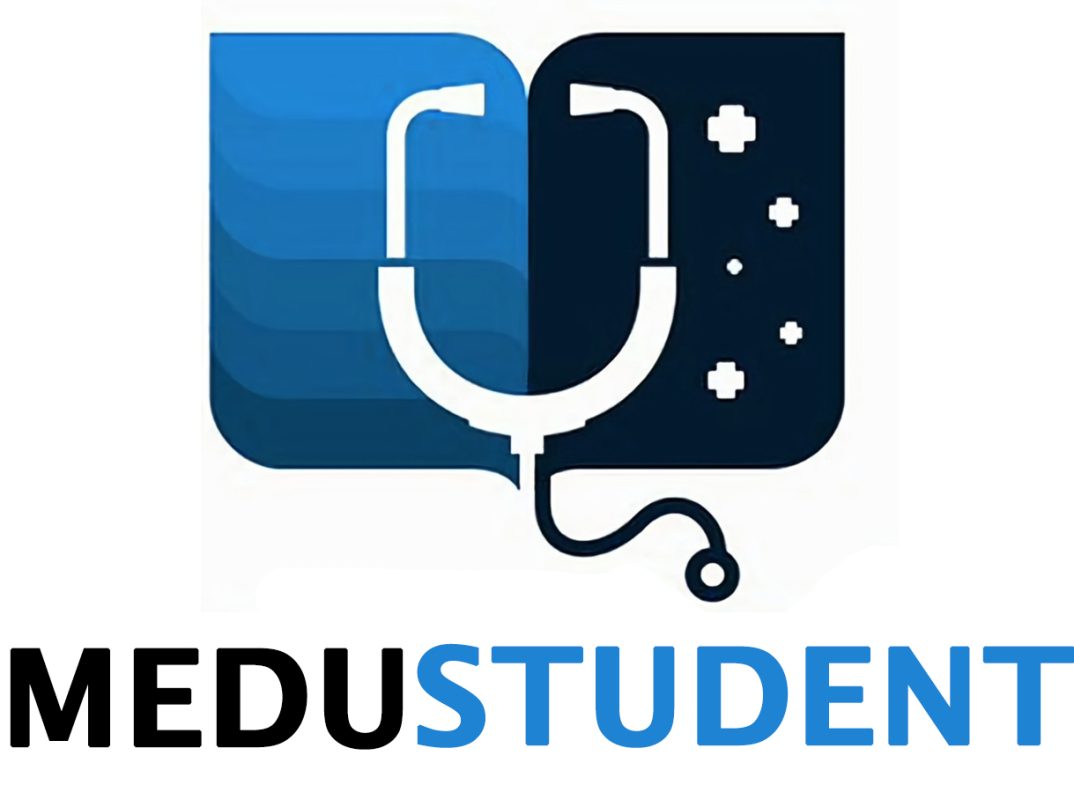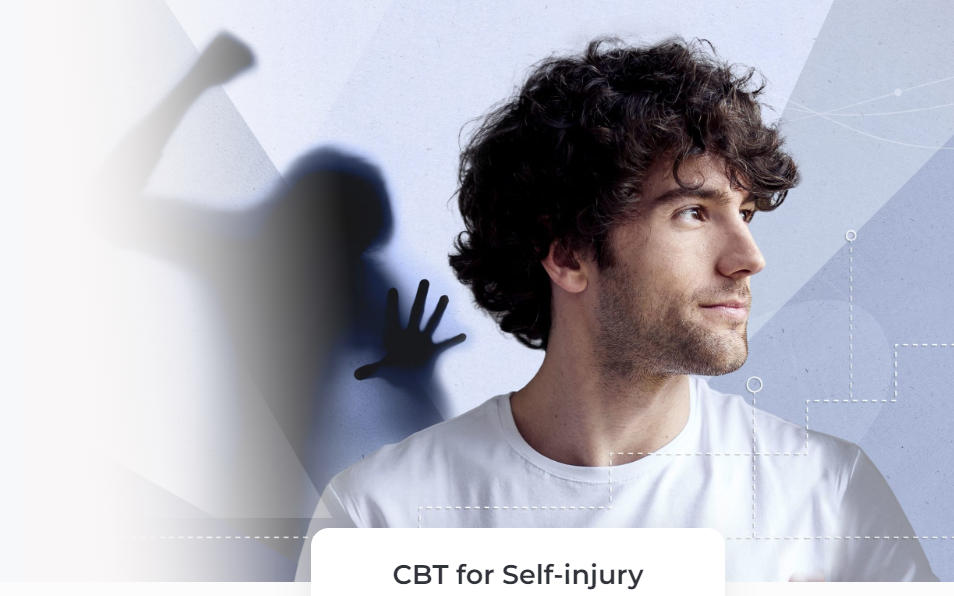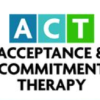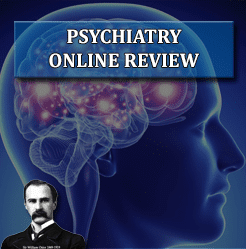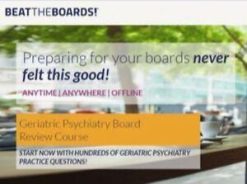CBT for Self-injury
$25,00
Samples for Courses Can be found here : Free Samples Here!
CBT for Self-injury Non-suicidal Self-injury is a common but often perplexing and misunderstood behavior, particularly in adolescents and young adults. Join global authority Barent Walsh and world leading experts in the field in this insightful online course in best practice CBT for self-injury.
CBT for Self-injury
Non-suicidal Self-injury is a common but often perplexing and misunderstood behavior, particularly in adolescents and young adults. Join global authority Barent Walsh and world leading experts in the field in this insightful online course in best practice CBT for self-injury.
An often underdeveloped clinical skill, treating self-injury requires an understanding of the unique characteristics of this mental health problem and how it differs from suicidal behaviors. Throughout the course you’ll learn about the function, comorbidities and best treatment approaches for self-injury. You’ll also be taught how to approach clients that present with mild to moderate self-injury using best practice CBT that incorporates a range of DBT strategies and interventions. And you’ll learn how to skillfully refer on severely effected clients and patients for treatments such as full modal DBT.
Full of dependable expert advice, realistic role-plays, revealing case studies and numerous tips and techniques, this course will provide you with new strategies to compassionately help clients successfully move away from self-injury behaviors.
Course Goals
- Identify Non-suicidal Self-injury and differentiate it from suicidal thoughts and behaviors
- Dispel common myths and misunderstandings about NSSI
- Understand how non-suicidal self-injury works to alleviate emotional discomfort
- Learn and witness tried and true strategies for effectively engaging clients, reducing resistance and increasing willingness to change
- Develop key therapist skills such as how to validate NSSI without condoning it and how to manage risk
- Understand best treatment approaches and recovery from non-suicidal self-injury, including setbacks
- Understand best practices in distraction techniques
- Overcome professional fear and feel competent in treating people with NSSI
- Prioritize therapist self-care and prevention of compassion fatigue
Related products
Psychiatry
Psychiatry
